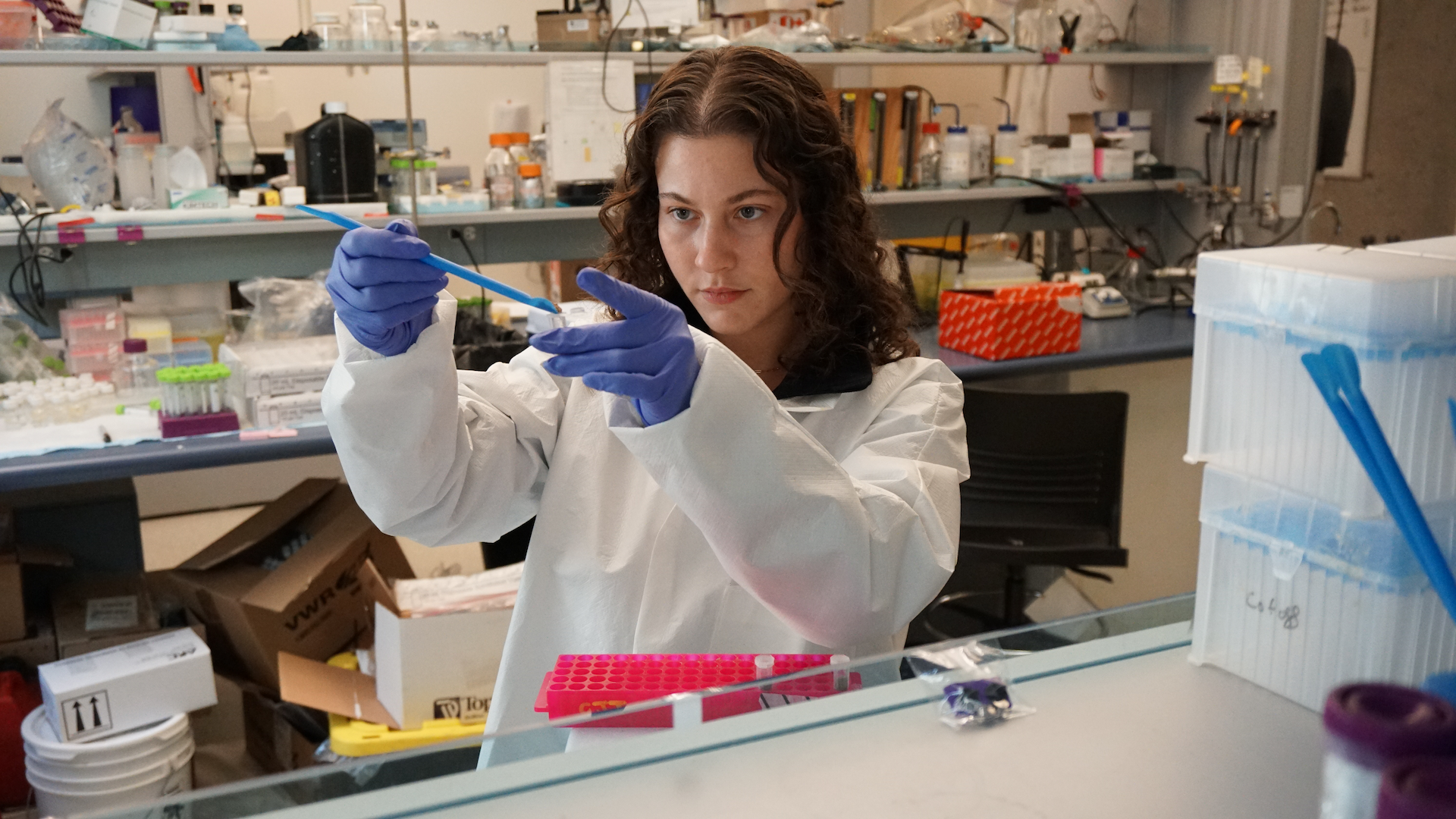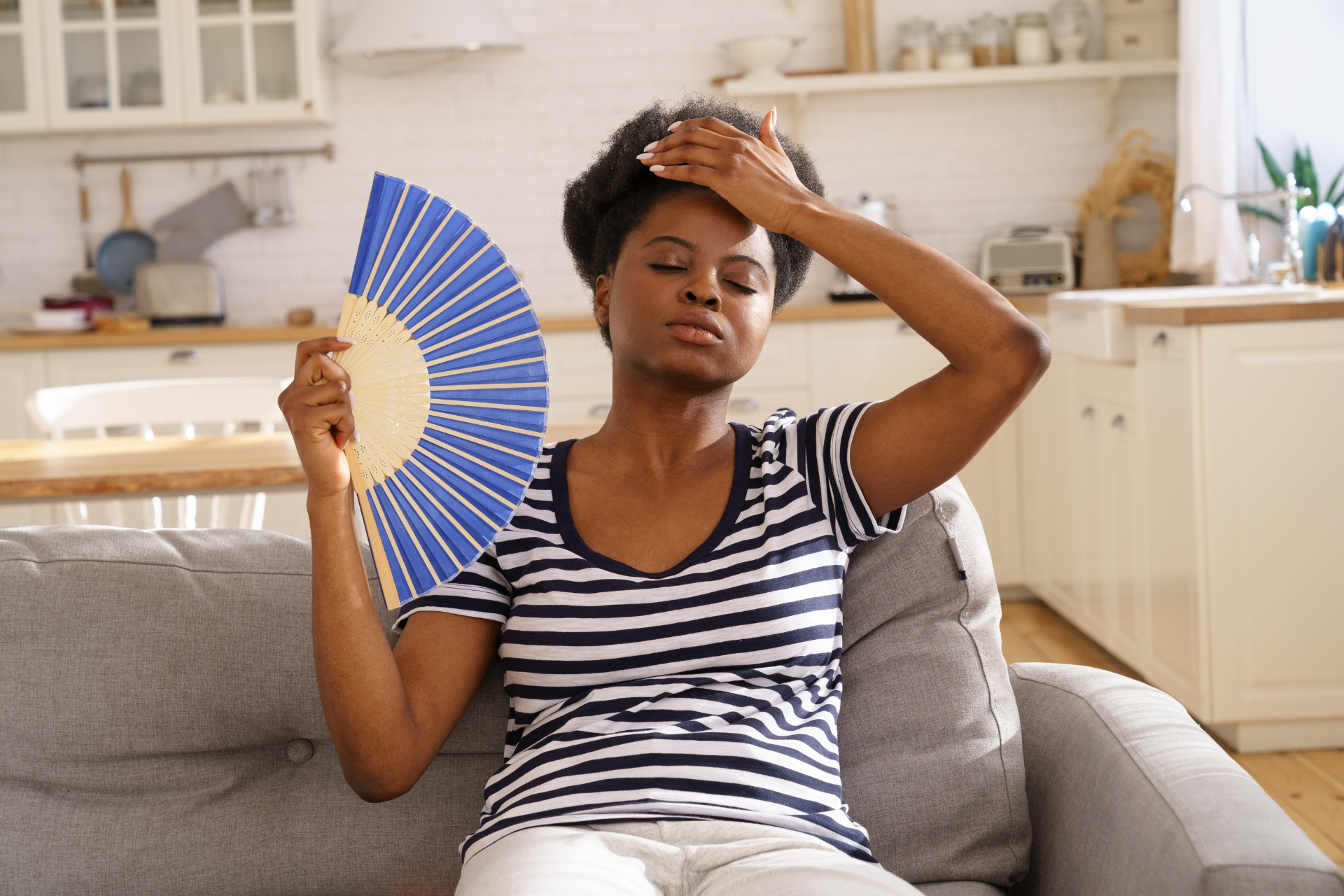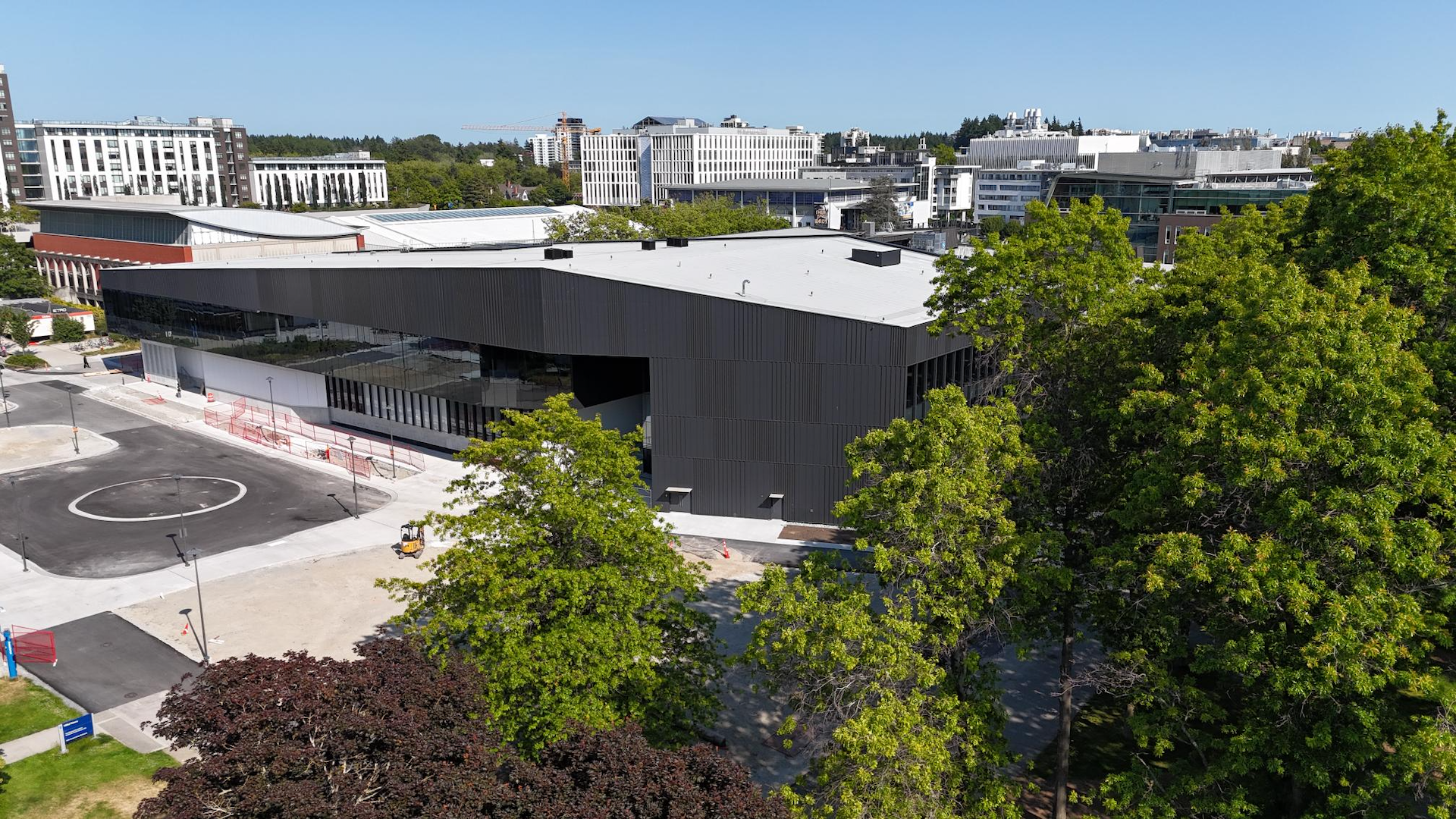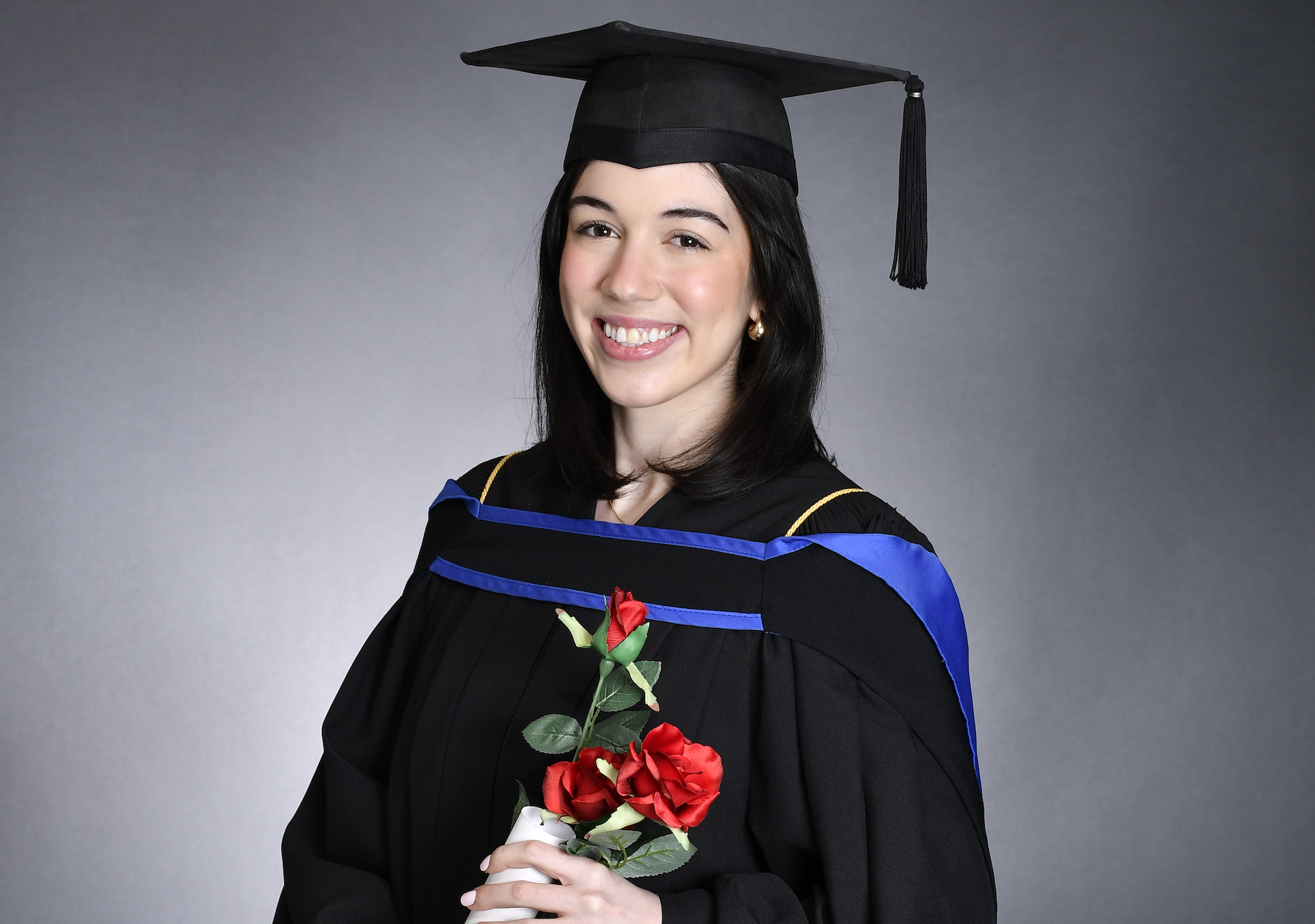Society & Culture
-
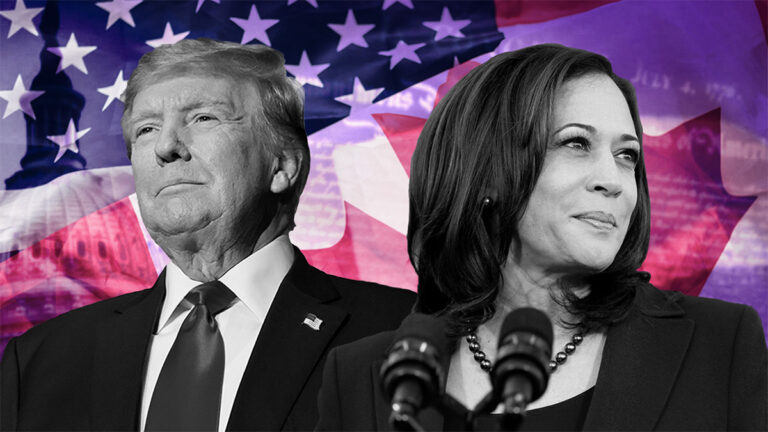
How the U.S. election could help shape Canadian politics
We spoke with UBC political science professor Dr. Terri Givens about how politicians in both countries are defining their differences, and the potential effects of U.S. politics on Canada.
-
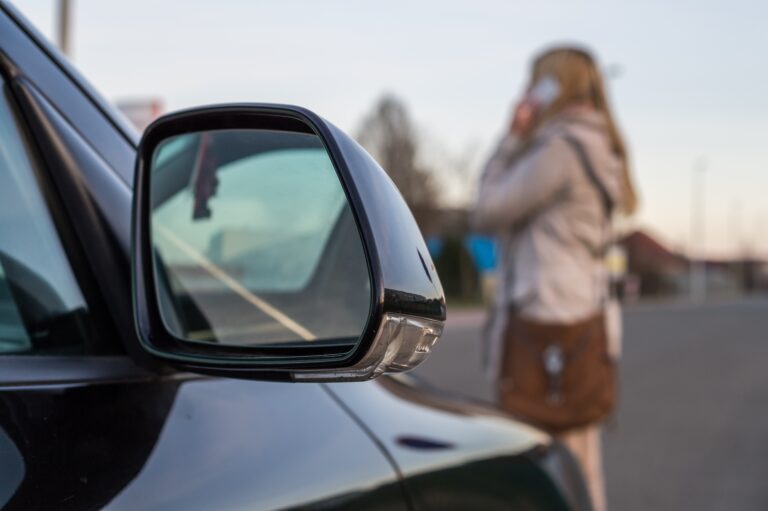
Texting while walking puts pedestrians in danger: UBC study
New UBC research analyzing actual pedestrian interactions with vehicles on busy streets concludes that distracted pedestrians face higher safety risks compared with undistracted road users.
-
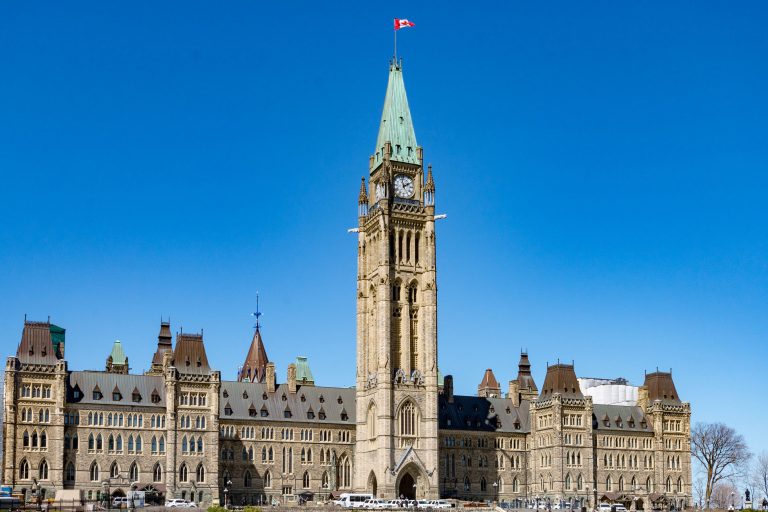
Non-confidence motions in Parliament to create period of ‘unstable stability’
Dr. Stewart Prest, lecturer in UBC’s department of political science, explains non-confidence motions and what might happen in the next few months.
-
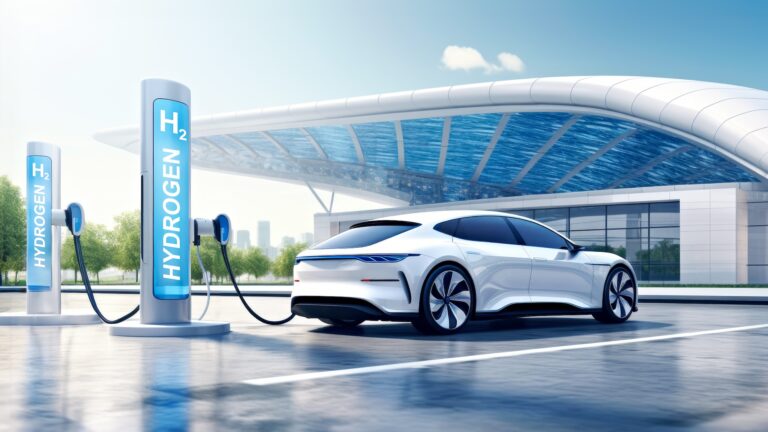
Hydrogen is touted as a climate solution, but can it be good business?
According to new research, hydrogen’s commercial success hinges critically on innovation, strategic government policies, and long-term contracts to ensure cost-effective production and scalable trade.
-
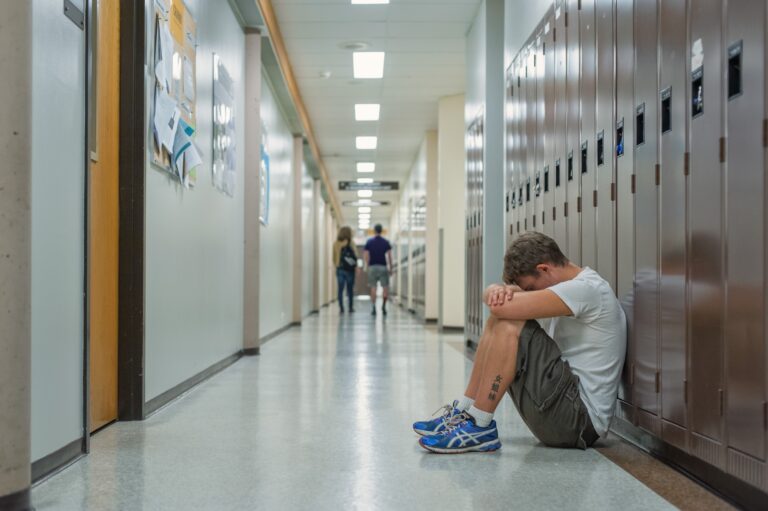
Gender-diverse youth feeling more welcome at home, less welcome in public
That’s according to a new report from researchers at UBC and the McCreary Centre Society which compares data from the 2018 and 2023 B.C. Adolescent Health Surveys.
-
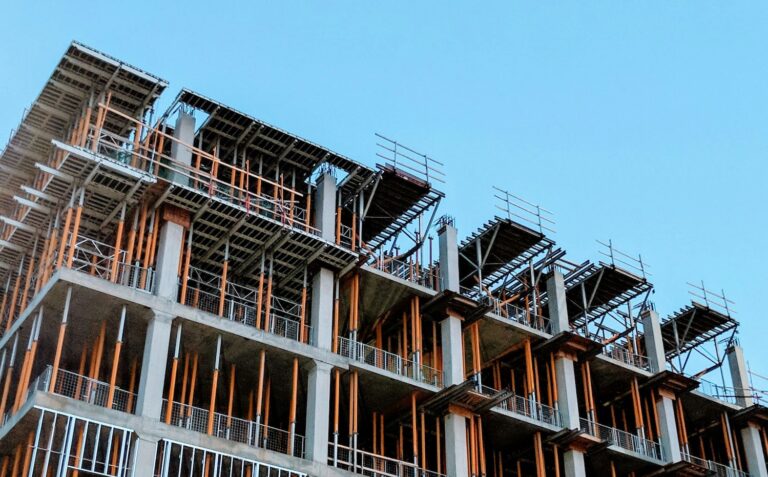
Opportunities and challenges for B.C. housing ahead of the election
Researchers at the UBC Housing Research Collective outline opportunities and challenges for housing in the province ahead of voting next month.
-
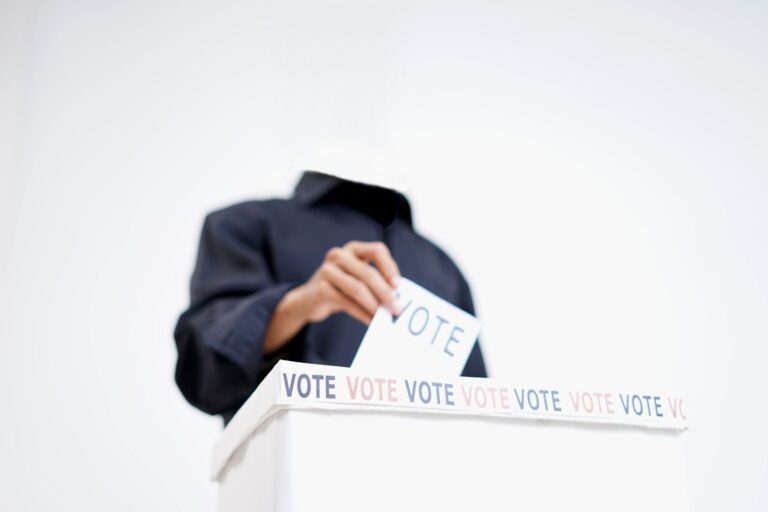
Protecting elections in the age of generative AI
Dr. Chris Tenove, Centre for the Study of Democratic Institutions’s assistant director, discuss the risks and potential positive uses of generative AI in elections.
-
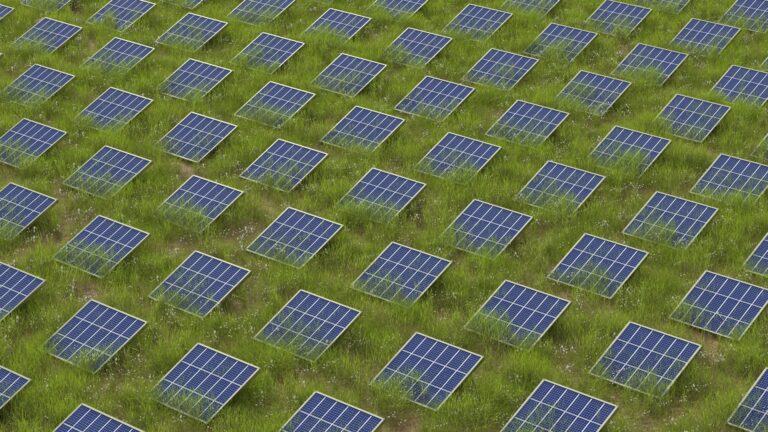
Renewable energy is more popular than politicians realize
A researcher at UBC’s school of community and regional planning discusses why U.S. policymakers’ attitudes towards renewable energy projects are a problem, as well as parallels to the Canadian context.

